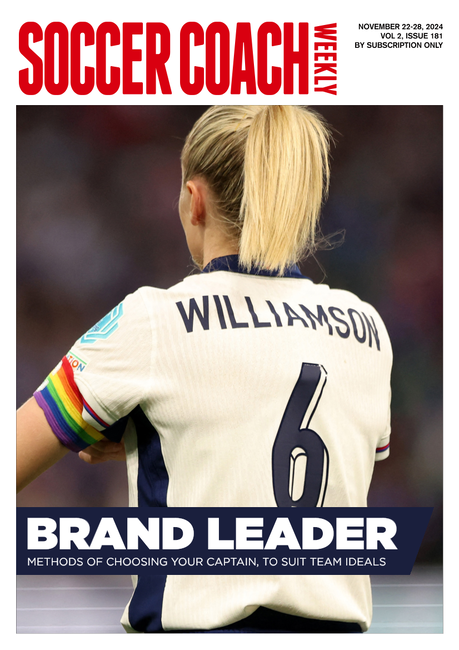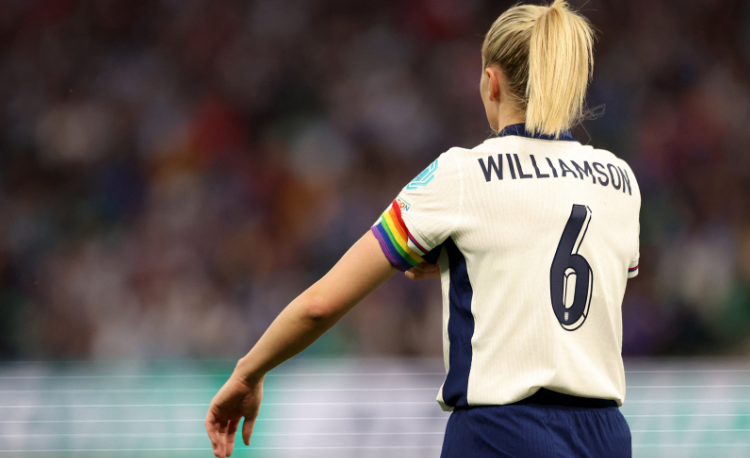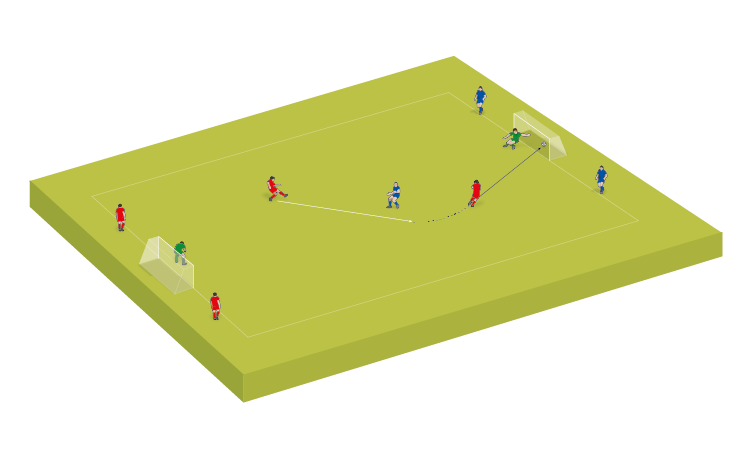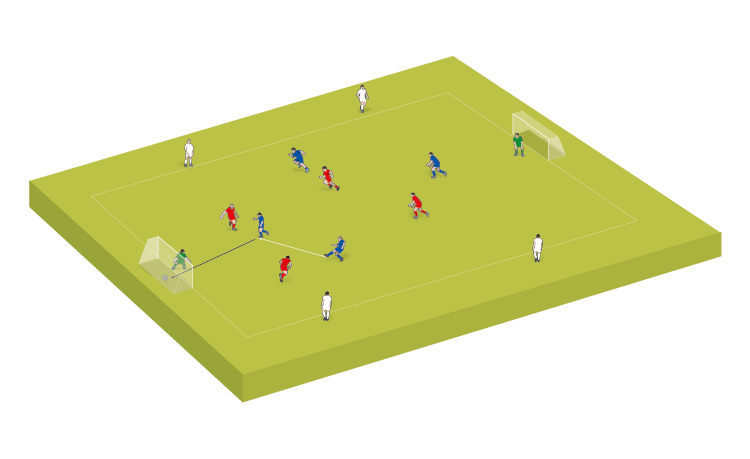How to become a soccer coach
Coaching Adviceby Dave Clarke
It is estimated that there are currently more than 8,200 youth soccer clubs in the U.
It is estimated that there are currently more than 8,200 youth soccer clubs in the U.S. US Youth Soccer has over 300,000 registered coaches, the majority of whom are volunteers, to coach 3,000,000 registered youth players (ages 5-19).
By Heather Tarplee
With the increased television coverage of international soccer, the sport’s popularity is constantly growing and with this growth comes a need for more coaches.
This guide will show you how to kick-start your soccer coaching career.
Whilst having coaching qualifications isn’t necessary when you first start coaching a team, it becomes more and more crucial as your team grow and develop, demanding more expertise from you. Communication and interaction with your players is a huge part of coaching, just as important as a sound knowledge of the sport, and the courses and qualifications listed here aim to provide their pupils with the knowledge, skills and approaches needed to successfully coach a soccer team.
US Soccer clearly outlines the progressive levels of soccer coaching, but as a first-time coach, you only need to be aiming for a basic level “E” licence.
The “E” course is 18 hours long and acts as a means of covering the initial principles of coaching and preparing the individual for the “D” course. The course teaches the coaching skills required to instruct 9-12 year olds both individually and collectively, focusing on the athlete and his/her development. The course aims to inform the individual of how to prepare age appropriate training sessions and instruct a team from a technical point of view. The graduate of the course will be able to competently understand and explain basic attacking and defending strategies in a small-sided game. Participants should be physically-fit in order to cope with the demands of the course.
If you’re looking for a less official route – perhaps you’re younger or looking to coach a young team on a casual basis – the National Soccer Coaches Association of America (NSCAA) run courses that might be more appropriate. The NSCAA run a “comprehensive yet focused curriculum inclusive of all coaches at all levels of the game” and you enrol on a course that is directed to the level and age group of the players you coach. The association runs several courses, both residential and non-residential, nationwide.
For those coaching U-10s and below, there are the Youth Diplomas. There are 3 Youth Diplomas, Level I-III and you enrol based on the coaching level required.
Coarse Level Time Commitment
Youth Level I Diploma U-5 to U-8 2.5 hours
Youth Level II Diploma U-5 to U-10 5 hours
Youth Level III Diploma U-6 to U-10 13 hours
None of these diplomas have an assessment and all are open to candidates from the age of 14 upwards (however, those under 18 will need to be accompanied by an adult for the duration of the course). The length of the course indicates its depth and the amount of material covered:
• Level I focuses on how to teach young children, tailoring training sessions and activities to their age requirements, the organisation of practice sessions and risk assessment strategies.
• Level II is specifically aimed at new coaches and, like Level I, focuses on psychological and physiological aspects of coaching children. The course emphasises the importance of the coach for the game at this level and teaches similar lessons to Level I with the addition of instruction in the understanding of the Laws of the Game.
• Level III, though it has no specific assessment, offers coaches the opportunity to perform a practical demonstration and receive feedback from the course conductors. This course is very similar to Levels I and II but also teaches proper technique and skills such as working with parents and creating exercises. Unlike the previous two levels, Level III takes place over two days and combines theory in the classroom with praxis on the field.
For those looking to coach U-11 to U-18, the Junior Level V Diploma is for you. Similar to the Youth Level III Diploma, this course is 13 hours long. It highlights the need to develop the individual player and the team side by side and the ability to do so through technical and tactical concepts. Participants cover the basic methods of coaching: how to teach proper technique, the theory and application of offensive and defensive play and about team management. This diploma has no official testing and is available to those aged 16 and above (again, those under the age of 18 must be accompanied by an adult).
Once the Junior Level V Diploma is completed, there are two more available: Level VI and Level VI Supplement, which are aimed at slightly more experienced coaches.
The NSCAA also conducts advanced courses such as the National Diploma, the Advanced National Diploma and the Premier Diploma, as well as the specific High School Coaching Diploma.
For coaches looking to improve their knowledge of goalkeeping, the NSCAA conducts a Goalkeeping Level I Diploma. This isn’t a course aimed at specific goalkeeping coaches, rather the team coach. The course’s aim is to give the coach knowledge of goalkeeping within the game and to help him devise a practice programme for the goalkeeper in his training sessions. The course includes both lecture and practice and lasts for 6 hours. There are Levels II and III which are available as follow on courses for more experienced coaches.
You can find an application for the National Coaching Schools by emailing coaching@ussoccer.org or calling 312-528-1219.
For more details about the NSCAA coaching courses, visit www.nscaa.com/education
Newsletter Sign Up
Coaches Testimonials

Gerald Kearney, Downtown Las Vegas Soccer Club

Paul Butler, Florida, USA

Rick Shields, Springboro, USA

Tony Green, Pierrefonds Titans, Quebec, Canada
Subscribe Today
Discover the simple way to become a more effective, more successful soccer coach
In a recent survey 89% of subscribers said Soccer Coach Weekly makes them more confident, 91% said Soccer Coach Weekly makes them a more effective coach and 93% said Soccer Coach Weekly makes them more inspired.
*includes 3 coaching manuals
Get Weekly Inspiration
All the latest techniques and approaches
Soccer Coach Weekly offers proven and easy to use soccer drills, coaching sessions, practice plans, small-sided games, warm-ups, training tips and advice.
We've been at the cutting edge of soccer coaching since we launched in 2007, creating resources for the grassroots youth coach, following best practice from around the world and insights from the professional game.






